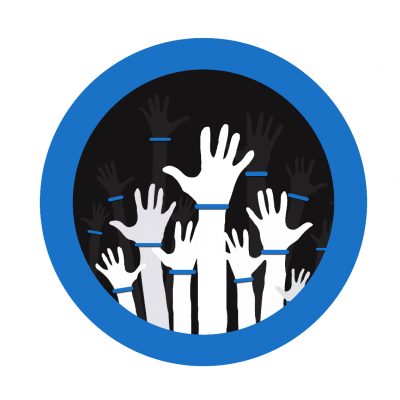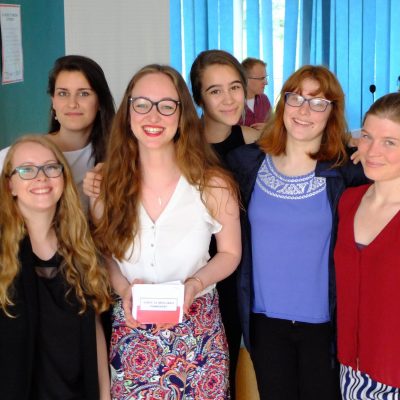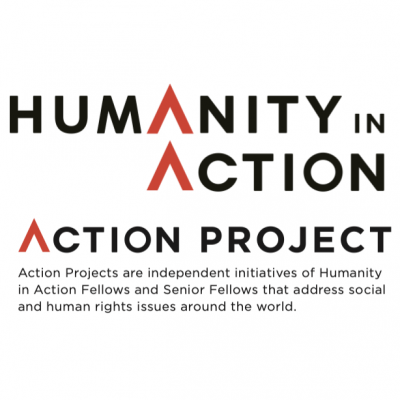Article
National coverage of the Netherlands’ 2010 parliamentary elections was dominated by the overt discrimination and xenophobic ideas of Geert Wilders and his Freedom Party (PVV). Having won significant victories in the recent municipal elections amidst a time of national political crisis, Wilders seemed poised to become a major political force in Dutch parliamentary politics. In the most extreme scenario, the polls projected that Wilders’ party could receive 20% of the vote. Political media coverage led the public to believe his popularity was much higher, as Wilders and his party dominated the political discourse.
Senior Fellow Spencer Heijnen was frustrated that political parties did not overtly distance themselves from Wilders’ remarks (in fear of losing and/or alienating voters). Even though 80% of the Dutch populace did not subscribe to Wilders’ extreme viewpoints, Spencer was sure that those targeted by Wilders’ discrimination did not feel or experience support from the majority of the Dutch people in any significant way. Spencer found this shameful, at both a national and international level.
It was important for him to show the Netherlands and the world that Wilders was not the unifying voice of the Dutch people, who were overwhelmingly respectful and open-minded towards racial and religious minorities.
Along with several friends and Humanity in Action Senior Fellows, Spencer developed a campaign to give the silent majority (the 80%) the means to overtly distance themselves from the xenophobia of Geert Wilders and his party, and to express solidarity with those targeted by his discrimination.
Spencer wanted to ensure that this message was spread online and offline, in a very visible way.
Spencer and his team developed wristbands with the text “Geert Spreekt Niet Voor Mij.” After designing and purchasing several thousand wristbands online, they mobilized a team to distribute 5,000 wristbands across five major Dutch cities in a single day. The distribution of wristbands garnered massive media attention, and Spencer and his team decided to sell thousands more of the wristbands, which further extended the message of solidarity and non-discrimination.

The campaign also designed a logo, which it shared along with its message on social media platforms like Facebook, YouTube, and Twitter. Spencer and his team encouraged supporters to spread the message in unique ways, such as by recording short clips of themselves wearing the wristband and explaining why Geert does not speak for them, and uploading these videos to YouTube. The campaign was covered by several Dutch newspapers, magazines and major radio shows, and the widespread message of non-discrimination helped counteract the discriminatory ideas of Geert Wilders and his party.
Spencer has always been inspired by the words of anthropologist Margret Mead: “Never doubt that a small group of thoughtful, committed citizens can change the world; indeed, it’s the only thing that ever has.”
Having been initially motivated by this sentiment, Spencer and his team were thrilled with the end result of their campaign, proving that a small group of people can indeed make a significant impact in a relatively short amount of time. Spencer encourages other young social entrepreneurs to remain motivated about the cause, even when going up against disproportional political and economic resources.
Spencer also discovered that, with the correct approach, the media can be your greatest ally. Before contacting the media, he encourages others to think carefully about how they want to frame the issue and their message, both of which must be clear. Spencer also found that it is much more effective to contact individual journalists, rather than media outlets.



